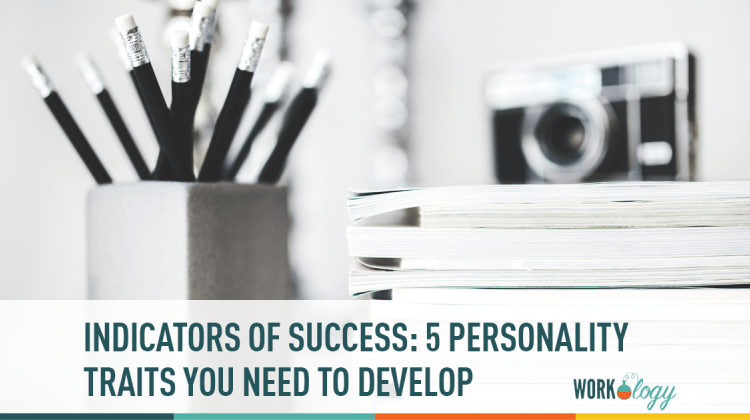Judging others is part and parcel of what it means to be a human being. We all do it. Most often, we do it subconsciously.
But, as all human behaviour has a reason and a function, what is the function of judging others? Why do we judge people, things and situations, and why should we overcome it?
3 main reasons why we judge
To feel better about ourselves
The most obvious reason people judge others is to feel better about themselves. It is a psychological tactic that works, even if the people we judge are absent. For instance, when we feel bad about ourselves, and can criticize others for, say, being overweight, we can feel ‘better’ than them. When we can see the ‘other’ as somehow inferior to us, we can feel superior—a tactic we only need if we feel small in some way to begin with.
When we are at ease with who we are, we feel no need to criticize others. But when we feel we’re not good enough in some way, we can push those feelings away by seeing another as inferior to ourselves.
This tactic will never bring true happiness and self-acceptance. We will need to be constantly judging others in order to maintain our superiority. That way, we’ll never explore the parts of ourselves we feel inferior about and heal them. We’ll remain stuck, instead of growing into the whole beings we were supposed to be.
To disown parts of ourselves we view as negative
This reason is closely connected to the first one. Usually, when people feel small and not good enough, those feelings have been instilled in them at some earlier stage. We are not born into this world feeling bad about ourselves—we get told we are bad or not good enough and start to believe it.
We are not born into this world feeling bad about ourselves—we get told we are bad or not good enough and start to believe it.
Judging often starts with being judged in early life. When we push away the parts of us that were judged, and start judging others for them instead, we project the parts of us that were hurt onto them. We can distance ourselves from our pain this way, but we can never heal and grow.
The same goes for shadow projection, where we see what we weren’t allowed to be, do or feel in early life, and notice the exaggerated version of that in another and judge them for it. For instance, if we weren’t allowed to express ourselves freely, when we see someone who takes centre stage, even exaggerating to be heard, we can feel disproportionally irritated or angry and judge them as being obnoxious.
To push what we fear out of our conscious experience
This one is a little more complex. Sometimes, when we have been hurt by a certain kind of person, in a certain kind of situation, we can start judging everyone who seems to share the same characteristics. We do this to keep them at arm’s length and stave off the doubts about our own worth that they instilled in us.
This is the kind of judging that you often see with victims of any kind of abuse and aggression. People who share the same demographic, the same rude behaviour or even the same gender as the perpetrator can be perceived as hostile, bad and dangerous—and then they’re judged and kept away.
We use this strategy when we have hurt and trauma deep inside of us that has not healed yet. We are afraid that if we stop judging people who remind us of the original perpetrator and accept them as they are, or at least accept that they exist, we’re somehow saying the perpetrator’s behaviour was OK.
Abuse is never OK. When someone abuses us, in whatever way, their behaviour is wrong. They are crossing our boundaries and they are responsible for it.
If we feel the need to constantly criticize a certain group of people or type of behaviour, it may be time for some soul-searching. We may need to look for the real reason we don’t want to allow a certain type of person to be as they are, so that we can allow ourselves to be just as we are.
Releasing judgments and the need to judge
Judging diminishes us and our experience
Judging others, things, situations, feelings and ideas creates polarity. We label something or someone as ‘bad’ in some way or another, and distance ourselves or even place ourselves above it.
That means we exclude that which we judge from our experience. We create a split in our reality. Not only does this make our world smaller, it also diminishes us, because more often than not, what we judge represents an aspect of ourselves (good or bad). This is often an aspect that needs to be brought to light and healed.
Judging costs valuable life energy
Fear, anger, shame and guilt are the feelings most associated with that which we judge and disown, disavow or push away. These are powerful feelings that need to be examined. When we do examine them, we will discover that they are connected to important parts of our subconscious selves that will yield treasures when reclaimed.
When we heal the parts of us that were made to feel ashamed, guilty, afraid or angry, we release them and bring them into the light of consciousness. Fear, anger and shame will melt away and make way for love, renewal, gratitude, peace and acceptance.
Releasing judgment brings wholeness
When we continue to push the repressed parts of us away, it costs us valuable life energy. When we reclaim those parts and bring them to light, we find they were never really bad to begin with, and we bring ourselves and our world a step closer to wholeness.
«RELATED READ» WORLD MENTAL HEALTH DAY: Perspective is everything»
Wendy Gillissen, M.A. is a psychologist, past-life therapist and the author of the award-winning spiritual adventure Curse of the Tahiéra. She lives and works in the Netherlands. In her spare time, she likes to play the Celtic harp. You can also find her on Facebook.










